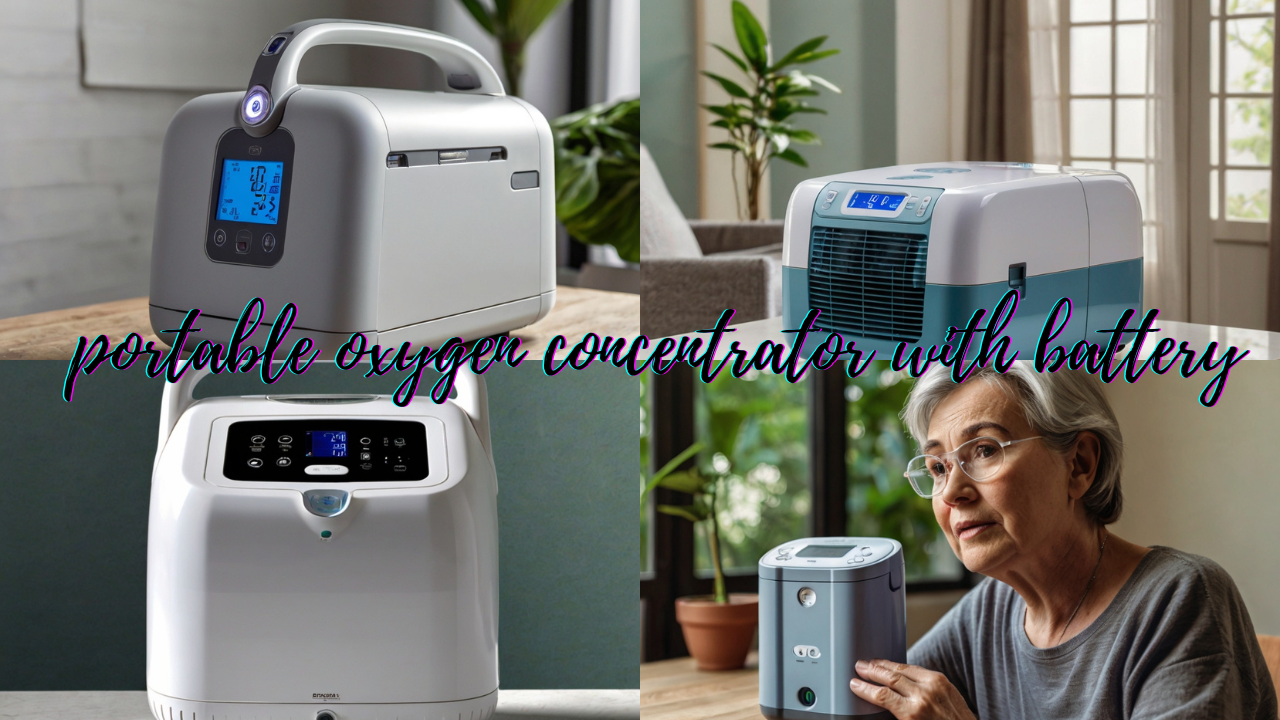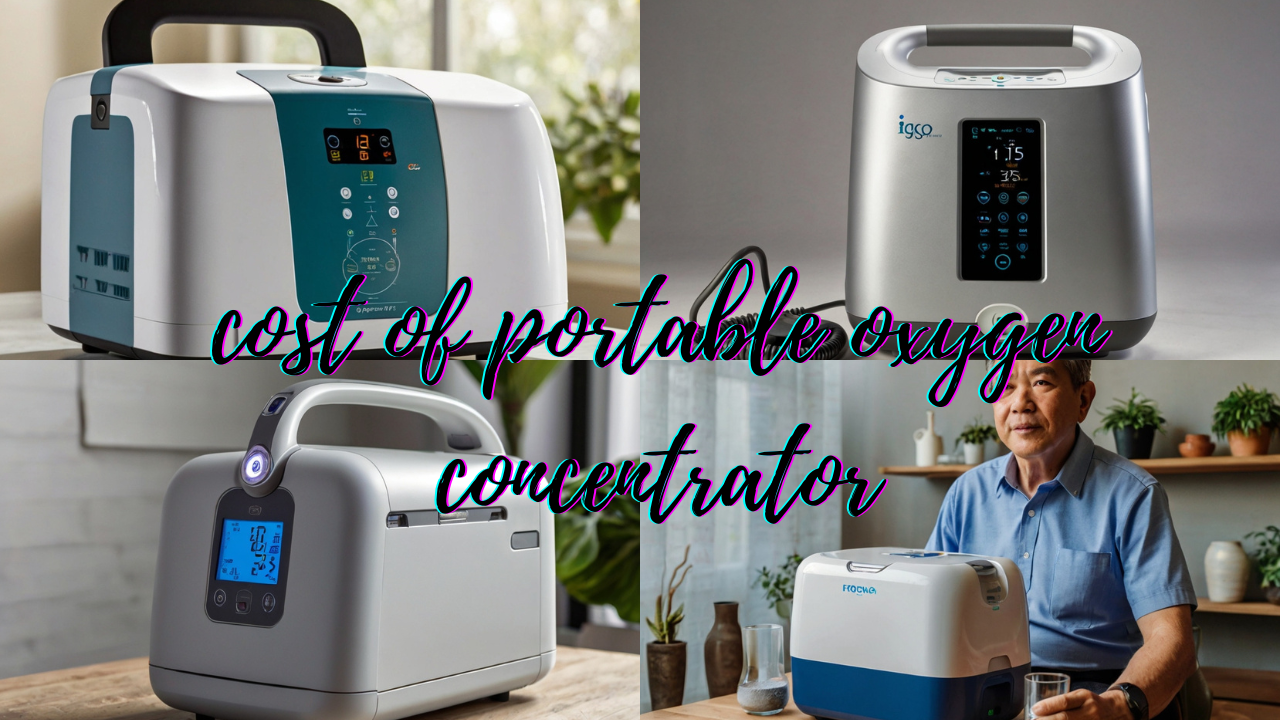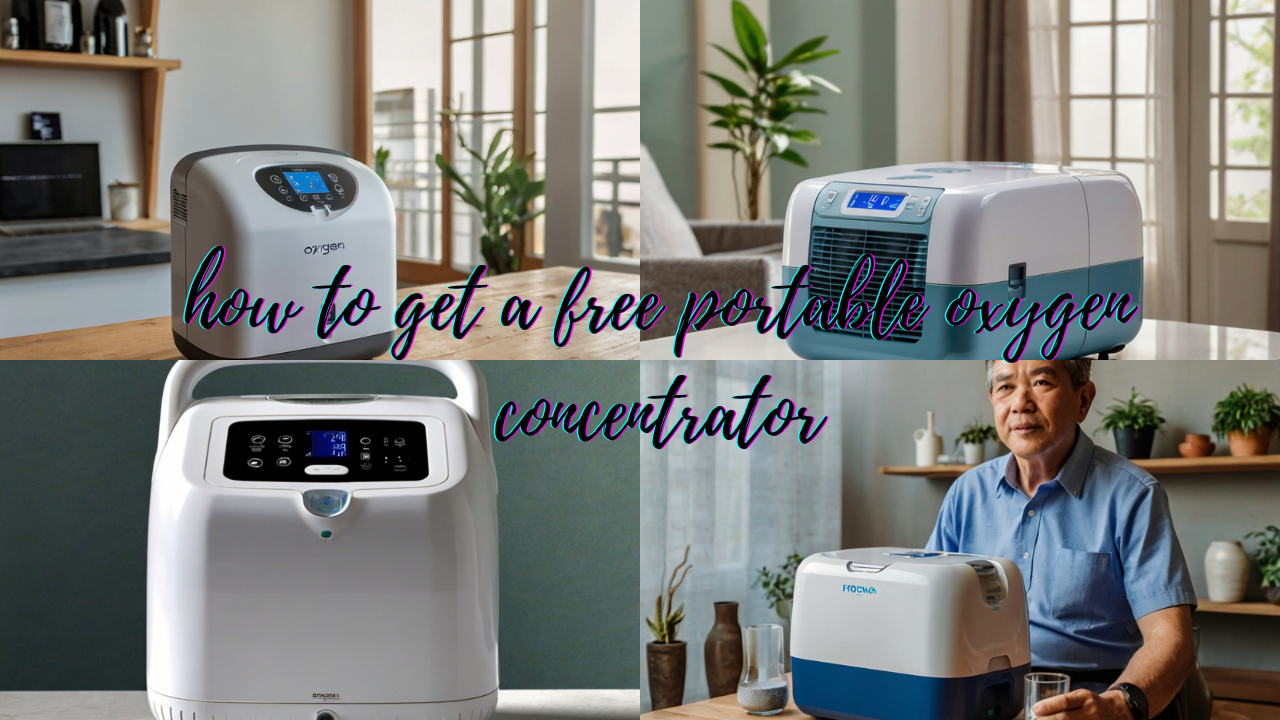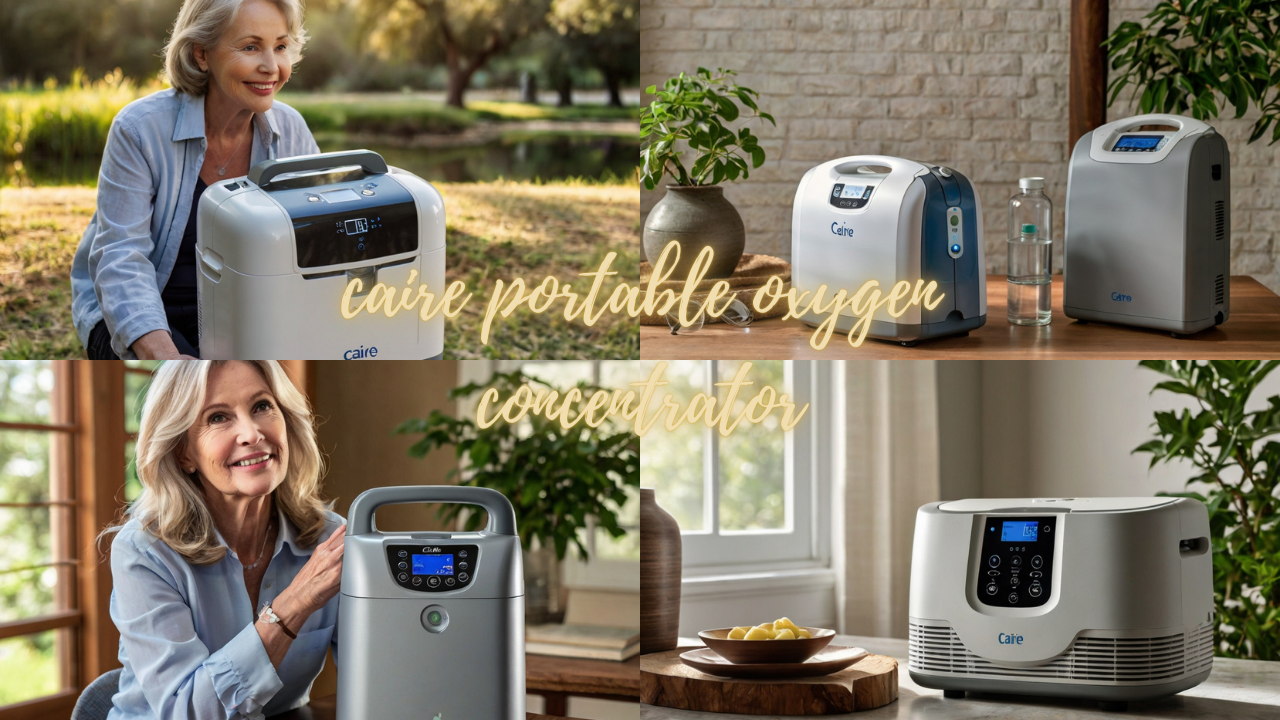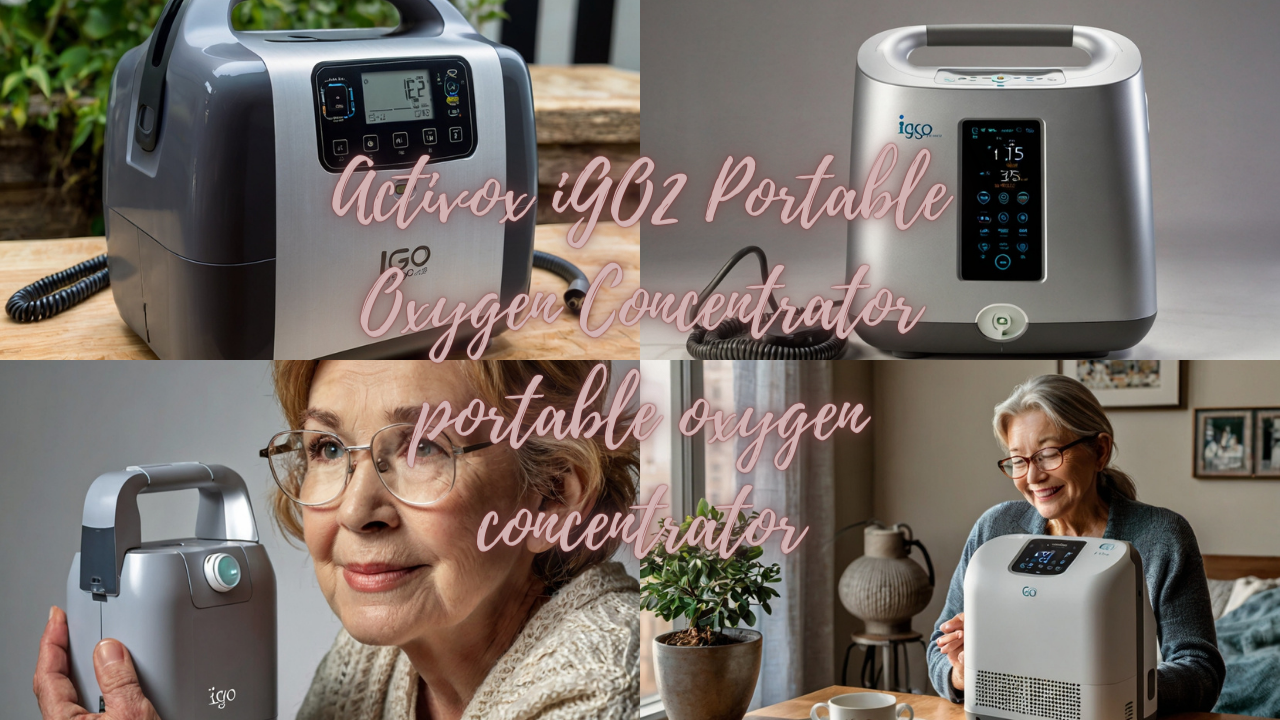portable oxygen concentrator with battery
Portable oxygen concentrators (POC) are life-changing devices for people with chronic respiratory conditions. These compact machines deliver purified oxygen, allowing you to maintain an active lifestyle despite needing supplemental oxygen. However, the cost of a POC can be a significant hurdle. This guide explores various avenues to help you acquire a free portable oxygen concentrator.
In this article, you’ll discover:
- What qualifies you for a free POC
- Government programs and assistance
- Charity and non-profit organizations
- Hospital and medical equipment donation programs
- Additional resources to help
- Frequently Asked Questions
Do you meet the requirements to get a free portable oxygen concentrator?
Obtaining a free POC typically requires meeting specific criteria set by the provider. Here are some general factors:
- Medical diagnosis: You must have a medical problem that is documented and needs extra oxygen therapy. Among these are Chronic Obstructive Pulmonary Disease (COPD), pulmonary fibrosis, and other lung diseases.
- Doctor’s prescription: A doctor’s written order specifying the need for a POC and the prescribed oxygen flow rate is usually mandatory.
- Financial need: Many programs prioritize individuals who demonstrate financial hardship and struggle to afford a POC. Documentation like proof of income or participation in government assistance programs may be required.
- Insurance coverage: If your insurance covers a portion of the cost but leaves a significant out-of-pocket expense, some programs might bridge the gap.
Remember, eligibility requirements can vary depending on the program or organization. Always contact them directly for the latest information and application process.
Government Programs and Assistance
Several government programs offer financial aid or resources to help acquire durable medical equipment, including POCs. Here are some possibilities:
- Medicare: Medicare Part B may cover a portion of the cost of a POC if you meet specific criteria. Speak with a Medicare representative to determine your eligibility and coverage details.
- Medicaid: This program might cover the cost of a POC for low-income individuals and families who qualify. Contact your state Medicaid agency for program details and application procedures.
- Veterans Health Administration (VA): Veterans with qualifying respiratory conditions may be eligible for a free POC through the VA healthcare system. Reach out to your local VA center to discuss your needs.
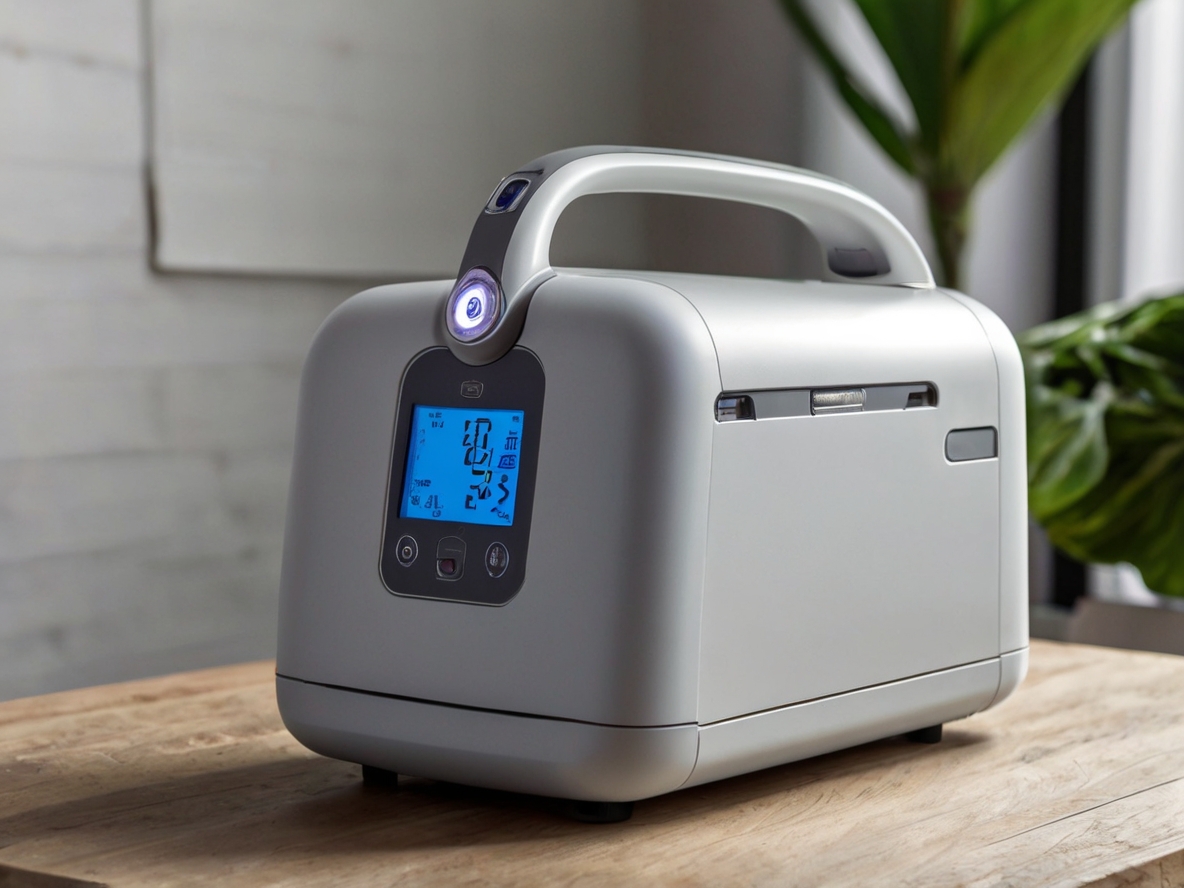

Charity and Non-Profit Organizations
Many charitable organizations and non-profit foundations are dedicated to supporting individuals with respiratory illnesses. These organizations may offer financial assistance or even directly donate POCs to qualified patients. Here are some resources to get you started:
- The American Lung Association: This organization provides various resources for people with lung diseases, including a Patient Assistance Program that may offer help with obtaining durable medical equipment.
- The COPD Foundation: This foundation offers a directory of financial assistance programs for people with COPD, which may include assistance with POC acquisition.
- Patient Advocate Foundation: This organization connects patients with various patient assistance programs across the country. They can help you find programs that might support the cost of a POC.
Remember: Don’t hesitate to contact these organizations now to ask about their specific programs and eligibility requirements.
Hospital and Medical Equipment Donation Programs
Some hospitals and medical equipment suppliers have donation programs where they refurbish used POCs and provide them to qualified patients in need. Here’s how to explore this option:
- Contact your local hospitals: Inquire about any medical equipment donation programs they might have. They may have a waiting list for POCs or might be able to point you toward other resources.
- Durable medical equipment (DME) suppliers: Some DME suppliers offer refurbished or pre-owned POCs at a significantly reduced cost.
Additional Resources to Help
Here are some additional resources that might be helpful in your search for a free POC:
- Social Services: Your local Department of Social Services can connect you with local charities or programs that can assist with obtaining medical equipment.
- Religious Organizations: Some faith-based organizations offer financial assistance or have charitable programs that might help with the cost of a POC.
- Online resources: Several websites compile listings of various patient assistance programs across the United States. Conduct an internet search using keywords like “pa.
Frequently Asked Questions (FAQs) Continued
Q: How long does it take to get a free POC?
A: The time it takes to process your application depends on the school you ask to join. There may be a waitlist for some schools, while others may process applications more quickly. For an idea of how long something will take, it’s always best to call the program directly.
Q: What if I don’t qualify for any of these programs?
A: There are still some options to explore:
- Talk to your doctor: Your doctor might be aware of local resources or programs you qualify for.
- Consider a refurbished POC: Some durable medical equipment suppliers offer refurbished POCs at a lower cost compared to new models.
- Manufacturer assistance programs: Some POC manufacturers might have patient assistance programs that offer discounts or flexible payment options.
Q: Is it safe to use a refurbished POC?
A: Refurbished POCs can be safe and reliable if they are properly inspected, serviced, and recertified by a qualified technician. Always inquire about the warranty and service history of a refurbished POC before purchasing.
Q: What should I consider when choosing a free POC?
A: Even if you’re getting a free POC, it’s important to consider factors like:
- Your oxygen needs: Make sure the POC can deliver the prescribed amount of oxygen you require.
- Weight and portability: If you plan to be active while using the POC, choose a lightweight and portable model.
- Battery life: Think about how long the battery can be charged and used before needing to be replaced.
- Noise level: Some POCs can be noisy, which might be disruptive during sleep.
Q: How do I maintain a free POC?
A: It’s crucial to properly maintain your free POC to ensure optimal performance and longevity. Follow the manufacturer’s instructions for cleaning, filter replacements, and any scheduled maintenance checks.


